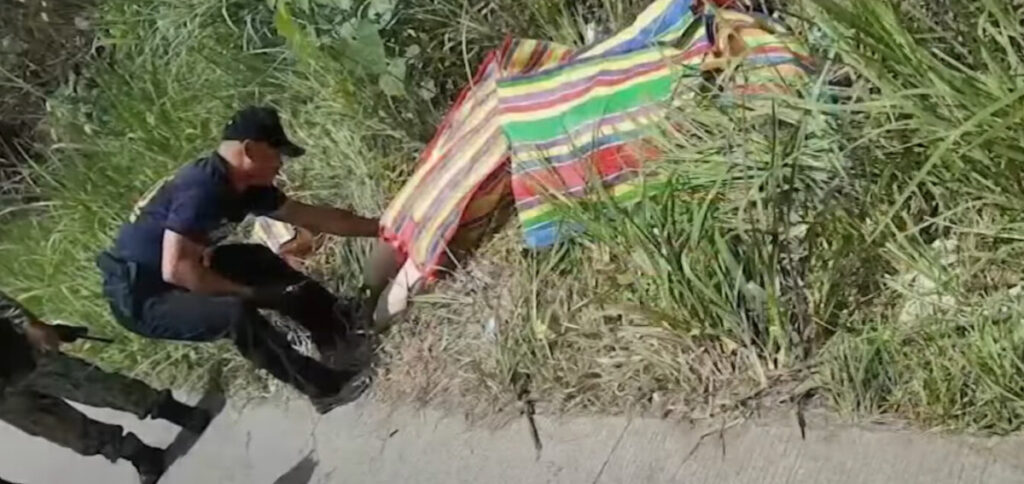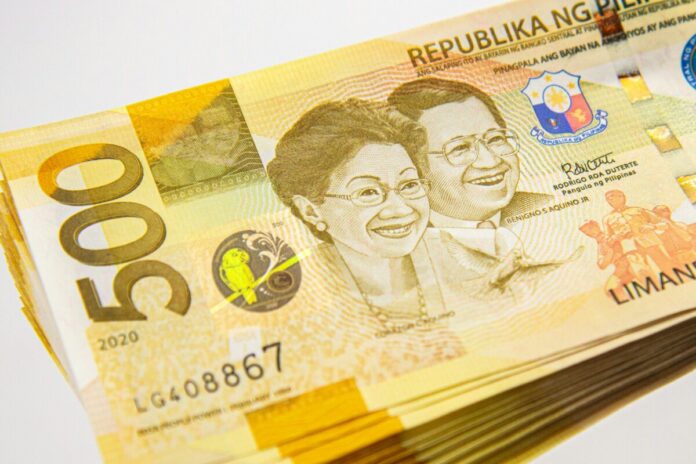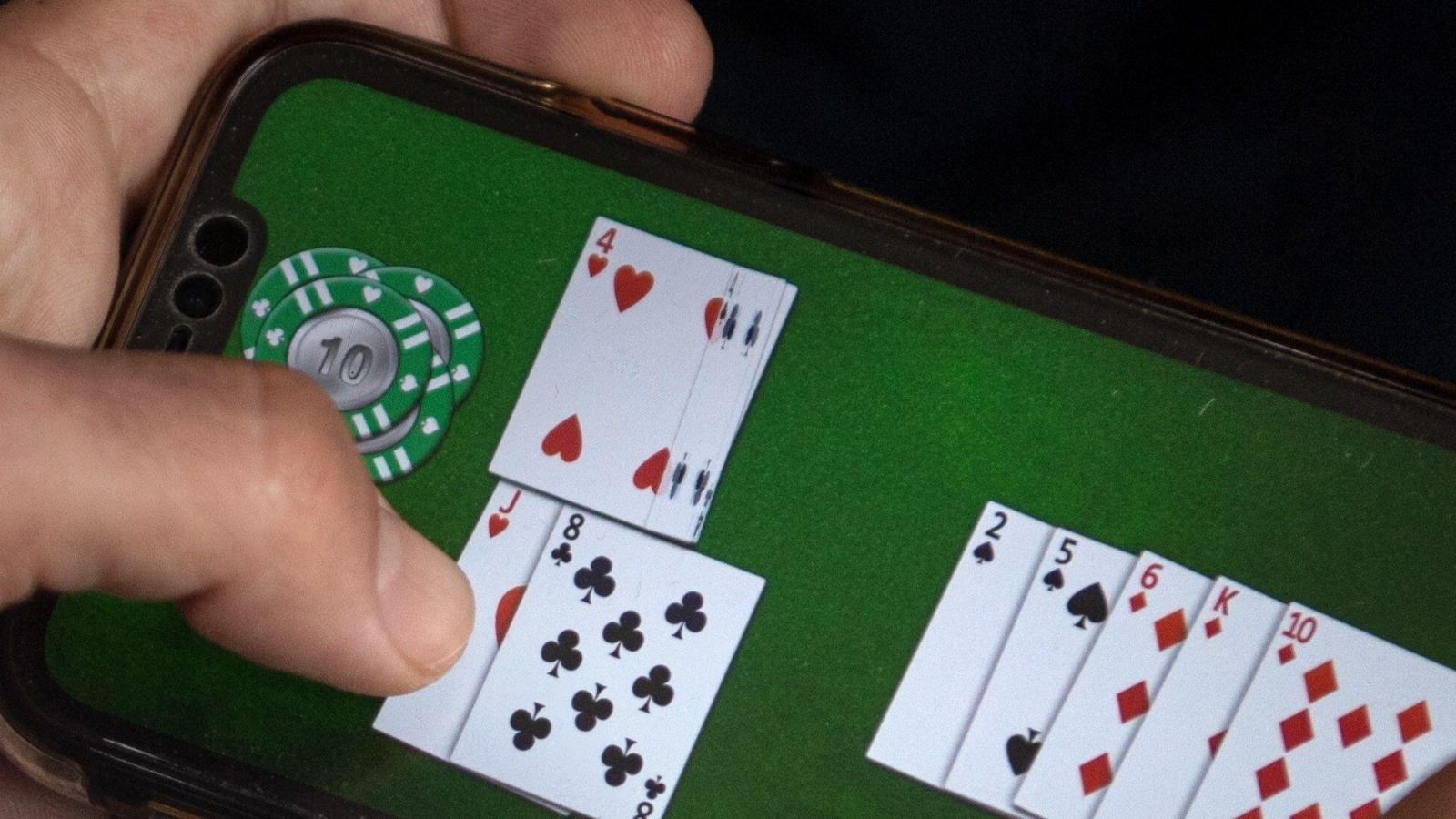The Philippines’ anti-money laundering agency says it has launched a probe into alleged links between two casino junket operators and the kidnap-murder of steel magnate Anson Que.
The agency said that its investigation now extends “beyond the kidnappers who directed the ransom payment process.” It is also investigating casino players within the junket operations. The agency thinks these players initially received part of the ransom payments in electronic wallets.
Que and his driver, Armanie Pabillo, were kidnapped on March 29. Shortly after, individuals contacted Que’s family, demanding the payment of a ransom worth some $3.7 million.
Casino Junket Probe Begins
His family complied with the request, making three payments between March 31 and April 8. However, the bodies of the two men were found by the roadside on the morning of April 9.
This month, the Philippine National Police said they had evidence that part of the ransom money was deposited in fiat peso and USD into accounts linked to the casino junket operators 9 Dynasty Group and White Horse Club.
On May 5 the recipients reportedly moved the funds into at least 10 different e-pay accounts.
The recipients allegedly used the money to buy cryptocurrency, later sending the tokens to various crypto wallets.


Wallets Linked to Shell Accounts, Casinos, and Crypto, Says Agency
In an official announcement, the Anti-Money Laundering Council (AMLC) said that it had launched a probe into the allegations.
The body will work with the gaming regulator, the Philippine Amusement and Gaming Corporation, and the police on the investigation.
The nation’s central bank is helping with the probe. The agency is also working with the Philippine Securities and Exchange Commission and overseas law enforcement agencies.
The AMLC said it had evidence that 9 Dynasty Group and White Horse Club facilitated money laundering for the ransom payments. It wrote: “The illicit scheme reportedly utilized e-wallets intended exclusively for casino gaming, shell accounts, and cryptocurrency to obscure the money trail.”
The police have previously said that they are trying to monitor the movement of the crypto funds through overseas-based wallets. Officers are using blockchain analytics solutions to track the coins.
Firms Say They Have Shut Down Philippines Operations
The agency noted that 9 Dynasty Group and White Horse Club officially ended their junket operations in most Philippine casinos on May 7.
And 9 Dynasty has reportedly said it will put a complete end to its Philippine operations. But the AMLC wrote that it “remains steadfast in its commitment to probe the firms’ alleged money laundering activities.”
Officers found Que and Pabillo’s bodies in the Rizal Province. Investigators said the men had been badly beaten before their deaths.
In mid-April, Filipino news agencies, including the Manila Times, reported that the killings may have been linked to a failed $20 million offshore gaming deal.
In November last year, President Ferdinand “Bongbong” Marcos signed an executive order banning Philippine offshore gaming operators (POGOs) from operating in the nation.
Regulated gaming is on the rise, however. The Filipino gaming industry posted gross gaming revenue figures of 104.12 billion pesos ($1.9 billion) in the first quarter of 2025. This represents a rise of over 27% on the industry’s Q1 figures for the Financial Year 2024.






